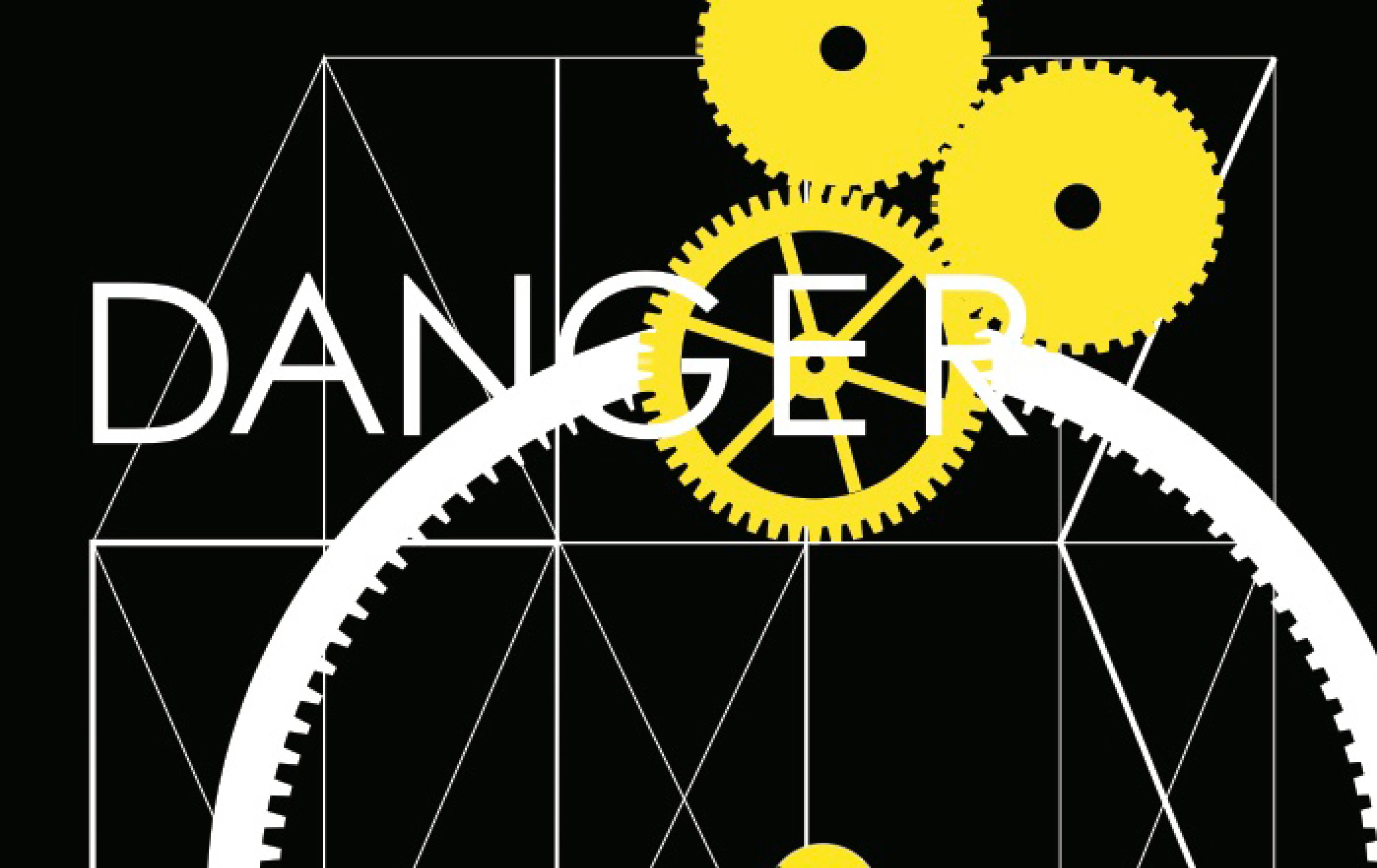
Call for proposals: DARE 2019
Call January 22, 2019Assemblage: Machinic Assemblages of Desire / Collective Assemblages of Enunciation
The third international conference on Deleuze and Artistic Research 'DARE 2019 Assemblage: Machinic Assemblages of Desire / Collective Assemblages of Enunciation' invites artistic and/or scholarly presentations that discuss and challenge existing assemblages, or that propose new ones. (Deadline extended!)
DARE 2019, 3rd international conference on Deleuze and Artistic REsearch
Assemblage: Machinic Assemblages of Desire / Collective Assemblages of Enunciation
9–11 December 2019
Orpheus Institute (Ghent, Belgium)
The machinic assemblage of desire is also the collective assemblage of enunciation.Gilles Deleuze and Félix Guattari, Kafka: Toward a Minor Literature
In the last decades, the concept of assemblage has emerged as a central tool for addressing problems of stability, instability, determination, and transformations regarding social, political, economic, philosophical, and aesthetic phenomena. Coined by Deleuze and Guattari in their joint book on Kafka (1975), and further expanded in A Thousand Plateaus in relation to different fields of knowledge, human practices, and nonhuman arrangements, assemblage is variously applied today in the arts, in human and in social sciences, under different labels (assemblage theory, logic of assemblage, actor-network theory) that more or less explicitly refer back to Deleuze and Guattari’s foundational concept of agencement.
After The Dark Precursor and Aberrant Nuptials, Assemblage (in its two inseparable manifestations as “machinic assemblages of desire” and “collective assemblages of enunciation”) is the theme of the third international conference on Deleuze and Artistic Research (DARE), to be held in Ghent (BE) at the Orpheus Institute, December 9-11, 2019.
Using Man Ray’s DANGER/DANCER. L’Impossibilité (1917 – 1920) as its visual cue, the conference refers back to Guattari’s seminal example of artistic and literary assemblages (1973). On one side, the machine depicted by Man Ray cannot execute the movement of the Spanish dancer it is supposed to represent, and on the other, “this machine component can only be a dancer”. DANCER/DANGER is a non-functioning machine as its cogwheels and pinion racks are unable to operate and, at the same time, it is an elaborated depiction of a complex gearing system, suggesting creative modes of com-possibility.
Call for proposals
Particularly focusing on the concept’s use, translation, and appropriation for music and the arts DARE 2019 invites artistic and/or scholarly presentations that discuss and challenge existing assemblages, or that propose new ones.
Questions addressed may, for instance, include:
- Which bodies, regimes of bodies, actions, or intra-actions can we identify and use in the arts? Which expressive acts, statements, regimes of signs, enunciations?
- How does a logic of assemblage relate to the current aesthetico-epistemic regime?
- How does digital and post-conceptual art relate to Deleuze and Guattari’s notions that were born in an analogue world?
- How is it possible today, within the complexity and acceleration of a hyper-connected society, to detect the imperceptible movements of an assemblage before they are actualised?
- How to expose them in intensive critical actualisations and create new modes of expression?
- How to reveal the interstices, or indeed how to produce unforeseen cracks, inconsistencies, and lines of flight within existing, ever-changing assemblages?
Proposals for standard presentations should be for 30 minutes slots (20 min + 10 min Q&A with/out audiovisuals) while proposals for artistic presentations may vary in duration and will be considered on a case-by-case basis. Besides making sure that all presentations meet the academic standards of the conference and its publications, reviewers will especially evaluate whether the presentation is pertinent to the conference topic, whether Deleuze (and his world, including recent developments and additions to it) is integral to the presentation, and whether the presentation is relevant to artistic research or art practice.
The deadline for submissions is extended until Sunday, 9 June 2019.
Submission of proposals
To submit your proposal to DARE 2019, please complete this online form (opens in a new tab).


